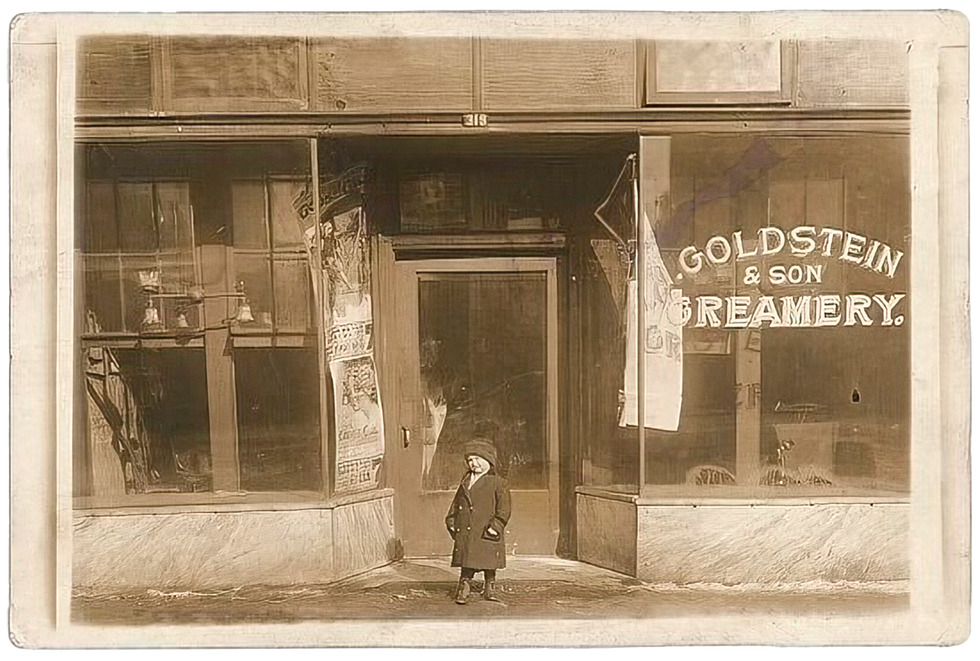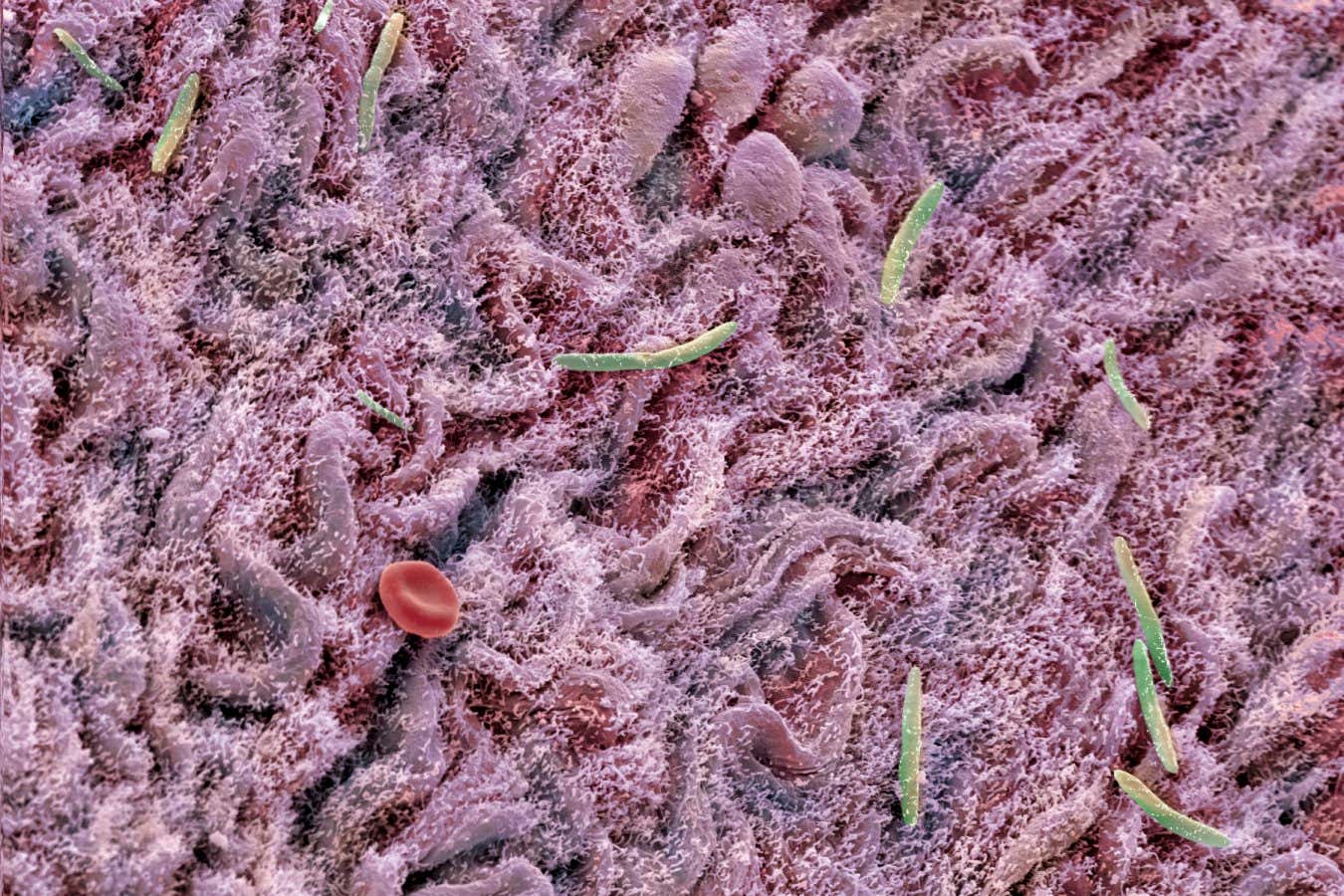Now Reading: Lab-Grown Milk: A New Frontier in Dairy Innovation
-
01
Lab-Grown Milk: A New Frontier in Dairy Innovation
Lab-Grown Milk: A New Frontier in Dairy Innovation

Speedy Summary
- Dairy farming remains a risky occupation, with high rates of injuries among workers due to animal contact, slips, trips, falls, and exposure to equipment or toxic substances. In 2020,it recorded 223 injuries per 10,000 full-time workers in the U.S., nearly double the rate for private industry overall.
- In 2021 alone, there were reportedly 31 fatal accidents on U.S. dairy farms.
- Netherlands-based company Lely has developed robotic systems since the early 1990s designed for cow-friendly operations. Thes include milking robots that improve herd well-being and result in up to a 10% increase in milk production by allowing cows to choose when they are milked.
- Other Lely robots handle feeding and manure management, improving work conditions by reducing injury risks caused by manual labor and messy environments such as slippery manure-covered floors.
- The farmer’s role shifts with robotic interventions-human interaction decreases during milking processes while efficiency increases considerably.
Indian Opinion Analysis
The adoption of advanced robotics like those developed by Lely could transform global dairy farming practices-including India’s vast dairy industry dominated by smallholder farmers operating without automation technologies. While safety hazards might potentially be less pronounced than those identified in large-scale industrialized settings like the U.S., issues related to worker fatigue exist universally across intensive labor-focused farms.
For India’s second-largest agricultural sector employing millions of rural families directly or indirectly via livestock management tasks like milking-the incorporation robot-focused operations would reduce dependency hours concentration boost productivity quality efficiency!
























